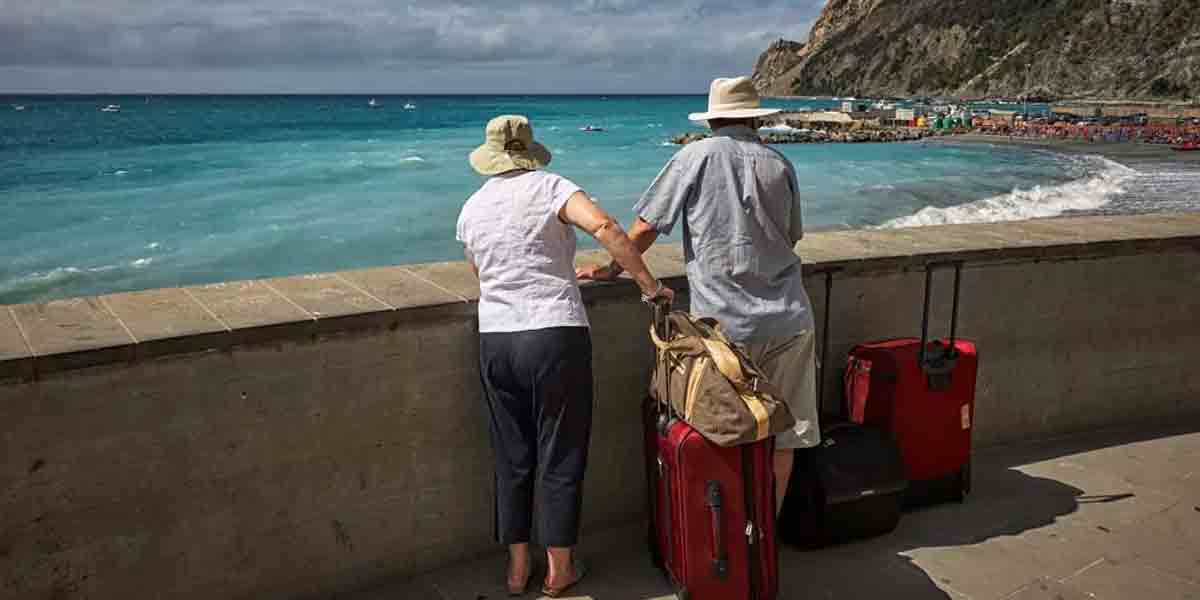
By Mariela Angella Oladive and Rjay Zuriaga Castor
The Commission on Elections (COMELEC) officially launched its nationwide “Operation Baklas” on Feb. 11, coinciding with the start of the 90-day campaign period for national candidates, including senators and party-list representatives.
In line with COMELEC Resolution No. 11086, which implements the Fair Elections Act (RA 9006), the initiative aims to remove unlawful election materials that exceed size regulations or are placed outside designated poster areas. Local candidates’ campaign materials will be subject to the same operation once their campaign period begins on March 28.
Enforcement in Iloilo City
In Iloilo City, designated common poster areas are located in public plazas across its seven districts, including Plaza Libertad, Plaza Villa, Plaza Jaro, Plaza La Paz, Bo. Obrero Plaza, Plaza Mandurriao, and Plaza Molo. Candidates are allowed to post only one campaign poster per designated area, with each poster limited to 2 feet by 3 feet in size.
COMELEC-Iloilo City Election Assistant II Jonathan Sayno said authorities have already started inventorying and removing oversized posters and materials posted in non-designated areas.
“We are closely monitoring the situation as the campaign period progresses. Illegal posters are being recorded based on size, candidate responsibility, and location, with reports sent to the COMELEC law department,” he said.
On the first day of the campaign, COMELEC removed 133 campaign materials in Iloilo City. The largest number belonged to senatorial candidates Camille Villar (64) and Imee Marcos (54).
Villar’s materials were removed due to multiple postings in designated common areas, violating COMELEC’s rule that allows only one poster per candidate in each designated area. Marcos’ materials lacked payor information, a violation of RA 9006, which requires printed campaign materials to include a “political advertisement paid for” disclaimer with the name and address of the candidate or party responsible.
Other candidates whose materials were removed included:
- Benhur Abalos (2)
- Abby Binay (2)
- Bong Go (1)
- Ariel Querubin (1)
- Uswag Ilonggo Party-list (9)
Their violations ranged from oversized posters to placement in non-designated areas.
Legal Consequences
Sayno emphasized that campaign materials posted in private properties are allowed with owner consent, but posters on public infrastructure, such as utility poles, footbridges, and government structures, are strictly prohibited.
“If violations are proven, candidates could face disqualification and penalties, including imprisonment ranging from one to six years if responsible individuals are caught in the act,” he warned.
Once confiscated, campaign materials will not be returned, and violations will be reported to the COMELEC law department for possible legal action.
Monitoring Political Ads and Spending
In addition to “Operation Baklas,” COMELEC Chairman George Garcia announced that the commission will monitor political advertisements across television, radio, and print media.
Candidates are allowed:
- 120 minutes of TV ads per station during the 90-day campaign period
- 180 minutes of radio ads per station
Garcia also reiterated campaign spending limits, stating that candidates from political parties can only spend PHP 3 per voter, while independent candidates are allowed PHP 5 per voter.
With “Operation Baklas” in full swing, the public is urged to comply with campaign regulations to ensure a fair, orderly, and lawful election process.






















